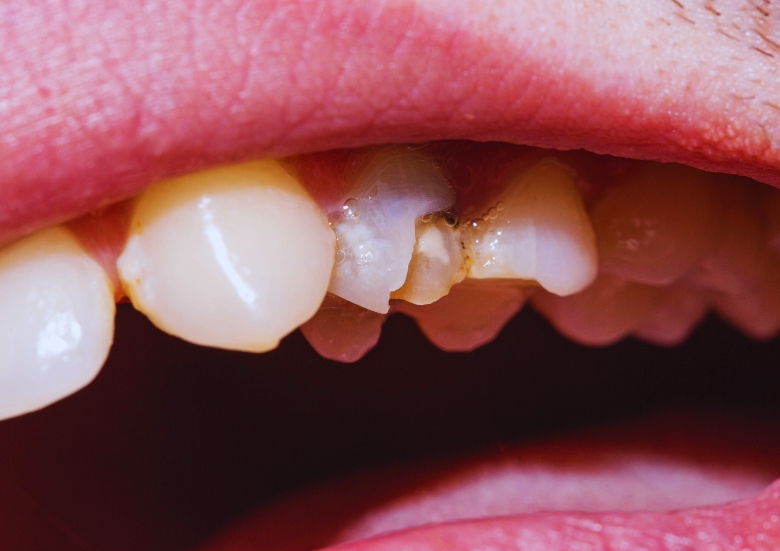Pay Online

Cavities are not a small problem for your teeth. They are an indication that your enamel—the protective, hard covering on your teeth—is coming under attack. Most individuals think that once-daily brushing is adequate, but cavities are developing invisibly and unnoticed until one experiences pain or notices visible damage. What starts as a small spot of decay can spread rapidly to cause infection, sensitivity, and even tooth loss if left untreated.
Understanding how cavities develop is the first step to stopping them in their tracks. It starts when plaque, a sticky film of bacteria, sticks to your teeth. When you eat something sugary or starchy to eat or drink, the bacteria turn starch and sugar into acid. That acid slowly eats away enamel. And if you strike the inner layer (dentin), you’ll know it.
What kinds of things can cause cavities?
While sugar is the worst offender, it is not alone. Cavities can be caused by:
- Lack of oral hygiene
- Constant snacking, especially on sticky or sweet foods
- Dry mouth (fewer molecules of saliva = less protection)
- Deep grooves or pits in molars
- Not visiting a dentist for regular cleanings
- Age plays a role as well. Children and the elderly are generally more prone, but no one is immune.
Signs You Might Have a Cavity
Cavities may not hurt at first. However, here are some early signs not to be overlooked:
- Sensitivity to hot, cold, or sweet foods
- Mild pain when chewing
- Pitting or holes in your teeth
- Discoloration (brown or black spots)
- Bad breath that won’t go away/Halitosis
A cavity is much simpler—and less expensive—to fill if it’s caught early.
How Your Dentist Treats Cavities
The cavity treatment depends on how intense the decay is. A surface cavity may only need a filling. More advanced cases may need a crown or root canal. In some, if too much of the tooth is lost, it may need to be removed.
A local dentist will assess the damage and guide you through your options. At Ripon Dental, we use enamel-colored sealants for a natural look and non-toxic materials that preserve most of your natural tooth.
To get the best dentist in Ripon, make sure to choose someone who explains the procedure to you, handles you with care, and keeps future issues at bay.
Prevention Tips from a Dentist in Ripon
Prevention is always easier than treatment. Here’s what works:
- Follow a diligent twice-a-day brushing routine using fluoride toothpaste
- Flossing once a day, especially between molars
- Avoid frequent snacking
- Limit sweetened drinks—especially soda and juice
- Regular professional cleaning every six months
- Fluoride rebuilds enamel, and cleanings remove hardened plaque (tartar) that brushing can’t.
Even if your teeth are in good shape, your subsequent visit to a dentist in Ripon can catch decay before it takes a serious turn.
Cavities are widespread, but they’re not unavoidable. With the right home oral care habits and regular visits to a dentist, you can keep your teeth robust and your smile long-lasting.
If it’s been a while since your last checkup or you’ve noticed signs of a cavity, don’t wait. Schedule your visit with Ripon Dental, your trusted dentist, and take the next step toward better oral health.




